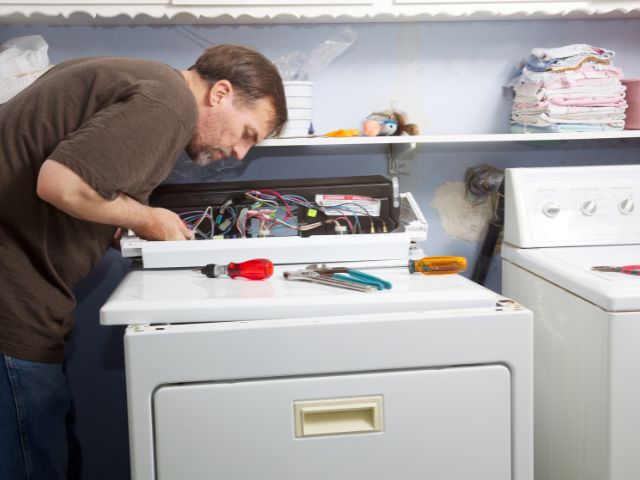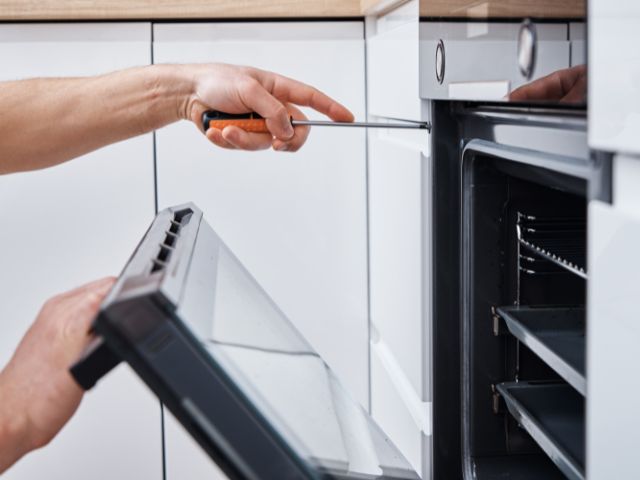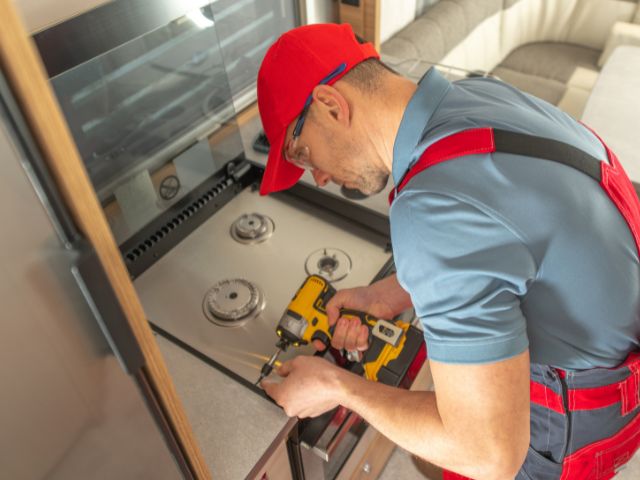Ice makers are an essential appliance in many homes, providing a steady supply of ice for beverages, parties, and everyday use. However, a common question arises: does the ice maker stop when full? Understanding the functionality of your ice maker can save you from unnecessary hassle and ensure your appliance runs smoothly. In this definitive guide, we will explore the mechanics behind ice makers, address common concerns, and provide you with the insights needed to maximize your appliance’s performance.
How Ice Makers Work: The Basics
Before diving into whether an ice maker stops when full, it’s crucial to understand how these devices operate. An ice maker typically consists of several components: a water inlet valve, a heating element, a thermostat, and an ice mold.
When you turn on your ice maker, water flows into the ice mold, where it freezes over time. Once the ice reaches a certain thickness, the thermostat signals the ice maker to heat the mold slightly. This heating process causes the ice to loosen, allowing it to be harvested and dropped into the storage bin.
Does the Ice Maker Stop When Full?
The short answer is yes—most modern ice makers are designed to stop producing ice when the storage bin is full. Here’s how it works:
- Float Switch Mechanism: Ice makers are equipped with a float switch, which detects the level of ice in the bin. When the bin is filled to a certain level, the float rises, triggering the switch to stop the production of ice.
- Control Module: In some advanced models, a control module monitors the ice-making process and can halt production automatically when it detects that the bin is full.
Why It Matters
Understanding that ice makers stop when full helps homeowners avoid a few common issues:
- Overproduction: If your ice maker continues to produce ice indefinitely, it could lead to overflow, which not only wastes water but also creates a mess in your freezer.
- Appliance Longevity: Regularly letting your ice maker run when the bin is full can strain its components, potentially shortening its lifespan.
Signs That Your Ice Maker Isn’t Working Properly
While most ice makers function as intended, issues can arise. Here are some signs that your ice maker may not be stopping when full:
- Ice Overflow: If you notice ice spilling out of the bin, your float switch may be malfunctioning, preventing the ice maker from recognizing that it’s full.
- Frequent Ice Production: If your ice maker continues to produce ice without stopping, it may be due to a faulty control module or float switch.
- Lack of Ice: Conversely, if your ice maker isn’t producing ice at all, it could indicate a blockage or failure in the water supply line.
Troubleshooting Common Ice Maker Issues
If you suspect your ice maker isn’t functioning correctly, here are some troubleshooting steps:
Check the Water Supply
Ensure that your ice maker is receiving an adequate supply of water. A clogged water line or a closed valve can lead to improper ice production.
Inspect the Float Switch
Locate the float switch and ensure it’s not stuck or obstructed. Clean any debris that might be interfering with its movement.
Test the Control Module
If your ice maker has a control module, consult the user manual for troubleshooting tips. A reset or replacement may be necessary.
Regular Maintenance
Perform regular maintenance on your ice maker to prevent issues. This includes cleaning the appliance, checking for leaks, and ensuring that the water filter is replaced as recommended.
How to Maximize Your Ice Maker’s Efficiency
To ensure your ice maker runs efficiently, consider the following tips:
Maintain a Cool Environment
Ice makers work best in cooler temperatures. Ensure your freezer is set to the optimal temperature (between 0°F and 5°F) to facilitate proper ice production.
Avoid Overloading the Bin
While it may be tempting to fill your ice bin to the brim, avoid overloading it. This can block the float switch, causing your ice maker to malfunction.
Regular Cleaning
Cleaning your ice maker every few months will help prevent mold and mineral buildup, ensuring it operates efficiently and produces clean, clear ice.
Key Takeaways
In summary, understanding the functionality of your ice maker is essential for any homeowner. Knowing that ice makers stop when full can help prevent overflow issues and prolong the life of your appliance. Regular maintenance, troubleshooting, and awareness of signs of malfunction will help you keep your ice maker in top shape.
FAQs
- What should I do if my ice maker doesn’t stop when full?
- Check the float switch for obstructions and ensure it’s functioning properly. If issues persist, consult the user manual or contact a technician.
- How often should I clean my ice maker?
- It’s recommended to clean your ice maker every 3-6 months to prevent buildup and ensure efficient operation.
- Can I manually turn off my ice maker?
- Yes, most ice makers have a manual switch or setting that allows you to turn off the ice production if necessary.
Catch up with our previous blog about How to Connect the Ice Maker to the Water Line—click to read!






